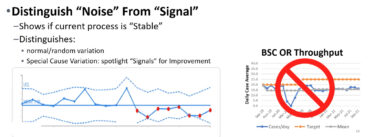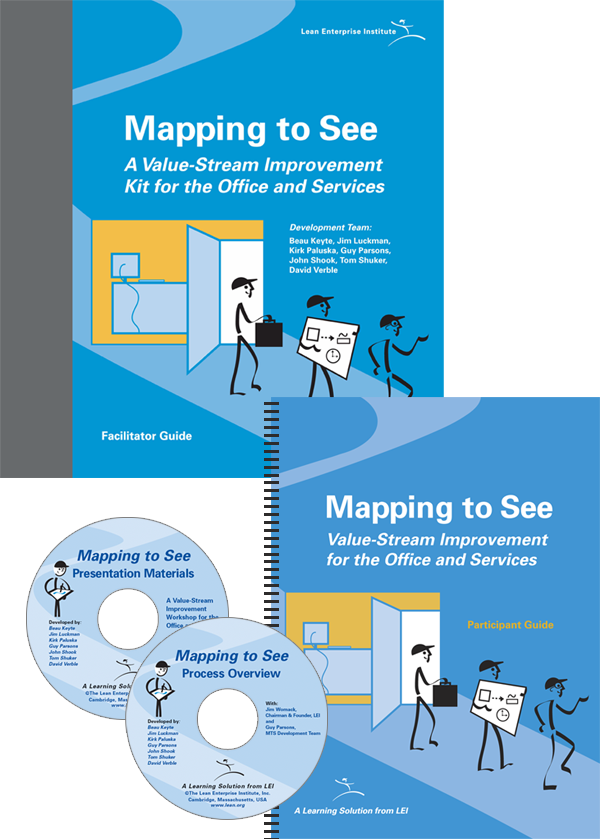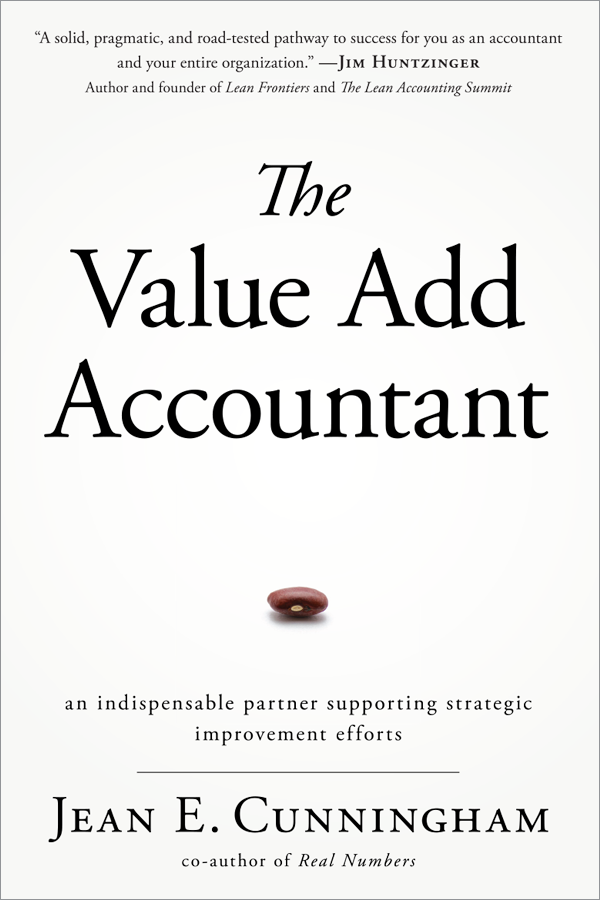Imagine going to the shop floor and learning that you missed your production target because the line started 10 minutes late when one of the workers was late for her shift. Or finding out that you missed your production target because one of the workers didn’t know what line he was supposed to be working on, and what specs the customer required. Or finding product defects because one of the workers wasn’t paying close attention to the product—he was talking to his mother on the phone while he was performing his job.
Ridiculous, right? Intolerable, right? You would never accept these problems in a factory.
So why do you tolerate the same issues in the office environment? Meetings start late because people don’t show up on time. When they do show up, they’re often unprepared. They miss important issues because they’re checking email. Outside of meetings, many people don’t even know what they’re supposed to do that day—they respond to the latest fire or just tackle the easiest items on their infinite to-do lists rather than holding themselves accountable for getting their important work done on time.
We often talk about knowledge workers as though they need to be treated differently from shop floor workers—They’re creative! Their work is unpredictable! They’re not machines! They’re C-suite executives!—but the truth is that they’re still production workers. And that means that we can approach their work, and solve their problems, in the same way that we approach the work and the problems on the shop floor.
Take, for example, meetings that start (and end) late. Newton did not discover the Law of Late Meetings when the apple fell on his head—they are not an inescapable reality. It’s simply a problem, and there’s nothing stopping you from sending in your SWAT team of lean six sigma obsidian belts to work on it. My guess is that you’d do it if your shop floor didn’t start on time everyday, or if a production cell didn’t run the target number of parts in an hour.
Or, consider how rabidly lean thinkers focus on increasing the amount of value-added work and reducing the waste when analyzing a physical production process. They’ll eagerly deploy their time-motion studies, standard work combination sheets, and spaghetti charts in an effort to shave off half a second. But when was the last time we looked at the way most VPs spend their days? How much time is frittered away on emails with no value? How much time is spent clarifying or repeating requests? How much time is spent in unnecessary or poorly run meetings?
If we’re going to obsess about creating value for our customers, let’s start talking about how much of our own time we spend on value added work. According to my (very informal and very unscientific) surveys, most mid- to high-level office workers only spend about 20-30% of their day on value creating activities. The rest of their time is spent deleting reply-all emails (and griping about it).
The lean tools that are so valuable in improving the work on the shop floor are just as valuable in the office, where the work is harder to see. Leader standard work, for example, is a powerful way of reducing the “administrivia” that often wreaks havoc on your days and prevents you from engaging in coaching and problem solving with your team. Standard work for internal communication creates clarity around which communication medium you should use for different types of issues (Urgent issues? Call the cell phone. Complex issues? Face to face is best. Emotionally fraught matters? Email = bad.)
Visual controls can help drive improvement in the office environment. Scorecards for meetings enable you to spot problems (“The marketing team meeting never starts on time, while the finance meetings don’t always have clear action items.”), and develop countermeasures. Simple tally sheets and pareto charts can highlight the types of interruptions that destroy flow in your own work. And even a simple chart showing your target and actual production for the day, along with comments about what went wrong, can help you begin to analyze and improve the way work is done.
It’s time to look in the mirror and start applying lean tools to yourself and your own work. Just because you’re salaried and don’t cost the company overtime when you work at night or on the weekends doesn’t give you a free pass.
And worse: waving the lean flag and demanding improvement on the shop floor without inspecting your own work environment makes you a hypocrite. And no one likes hypocrites.





